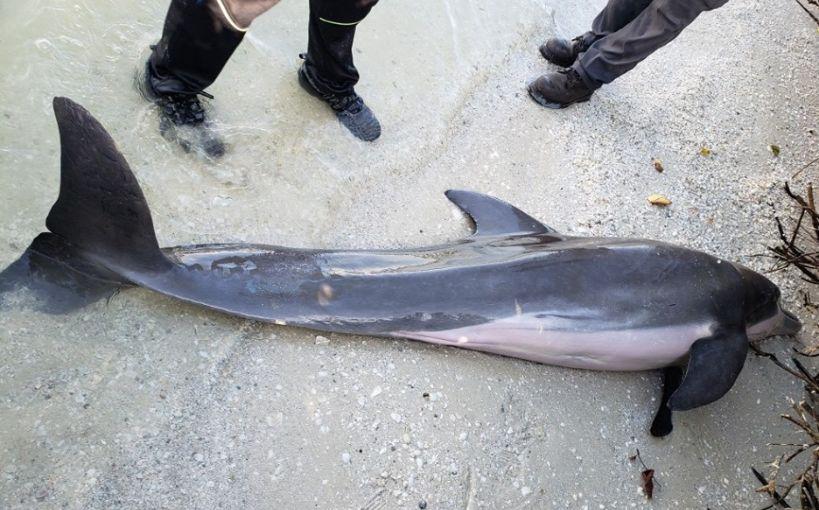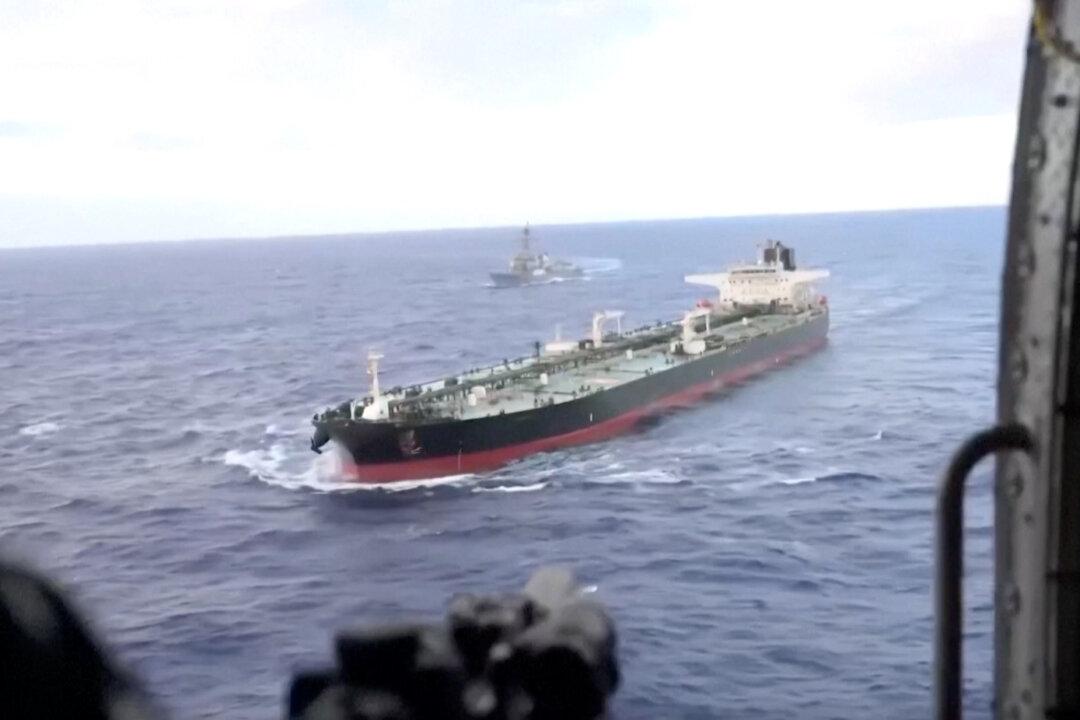A bottlenose dolphin was found dead on a Florida beach with a two-foot-long shower hose lodged in its stomach.
Earlier this month, Fish and Wildlife Research Institute (FWC) officials were called to Fort Myers Beach, where they discovered a seven-foot-long male dolphin.





